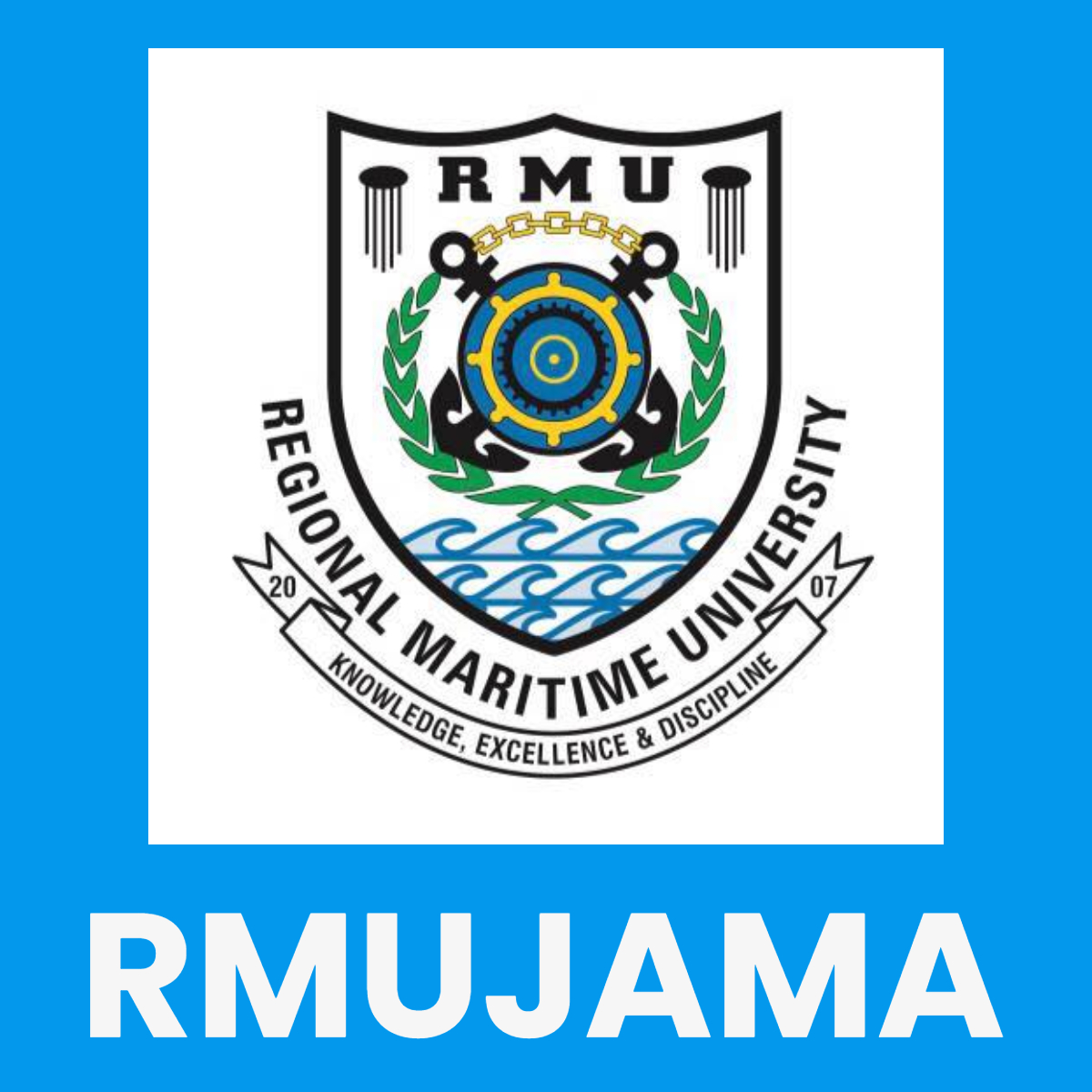Harnessing Renewable Energy for Sustainable Blue Economy Development
Abstract
The transition to renewable energy is essential for sustainability in Ghana’s blue economy, particularly in fisheries, aquaculture, ports, and coastal tourism. This study explores how renewable energy integration can mitigate environmental impacts and ensure economic viability. Key objectives include: (1) assessing current energy consumption in coastal Ghana, (2) evaluating renewable energy technologies for cost-effectiveness, scalability, and emission reductions, (3) analyzing global case studies of successful adoption, and (4) proposing policies to promote renewable energy. A mixed-methods approach combines quantitative data on fuel use, energy intensity, renewable capacity, and carbon emissions with qualitative insights from interviews with experts, policymakers, and stakeholders. Technologies such as offshore wind, solar, tidal, and wave energy are evaluated for their potential economic and environmental benefits. The study also considers biodiesel alternatives (Jatropha oil, Sunflower oil, Algal oil) for logistics in the sectors under review. Challenges include high initial costs for ports, technical limitations in fisheries (e.g., solar-powered vessels), limited local expertise, and inconsistent energy supplies affecting processing and tourism. Drawing on global and local case studies, the research identifies scalable renewable energy models. Policy recommendations include financial incentives, mandates, investments in R&D, public-private partnerships, and supportive regulatory frameworks to accelerate renewable energy adoption. These strategies aim to meet global climate goals while enhancing the economic and environmental resilience of Ghana’s coastal communities.
